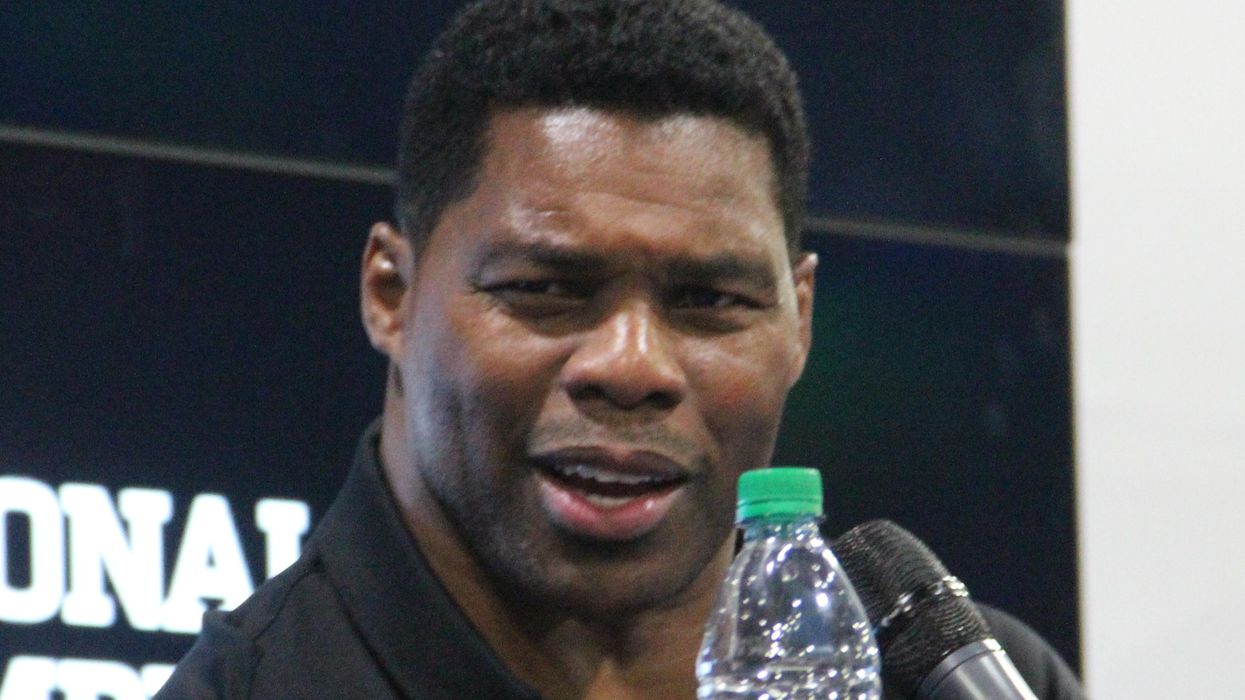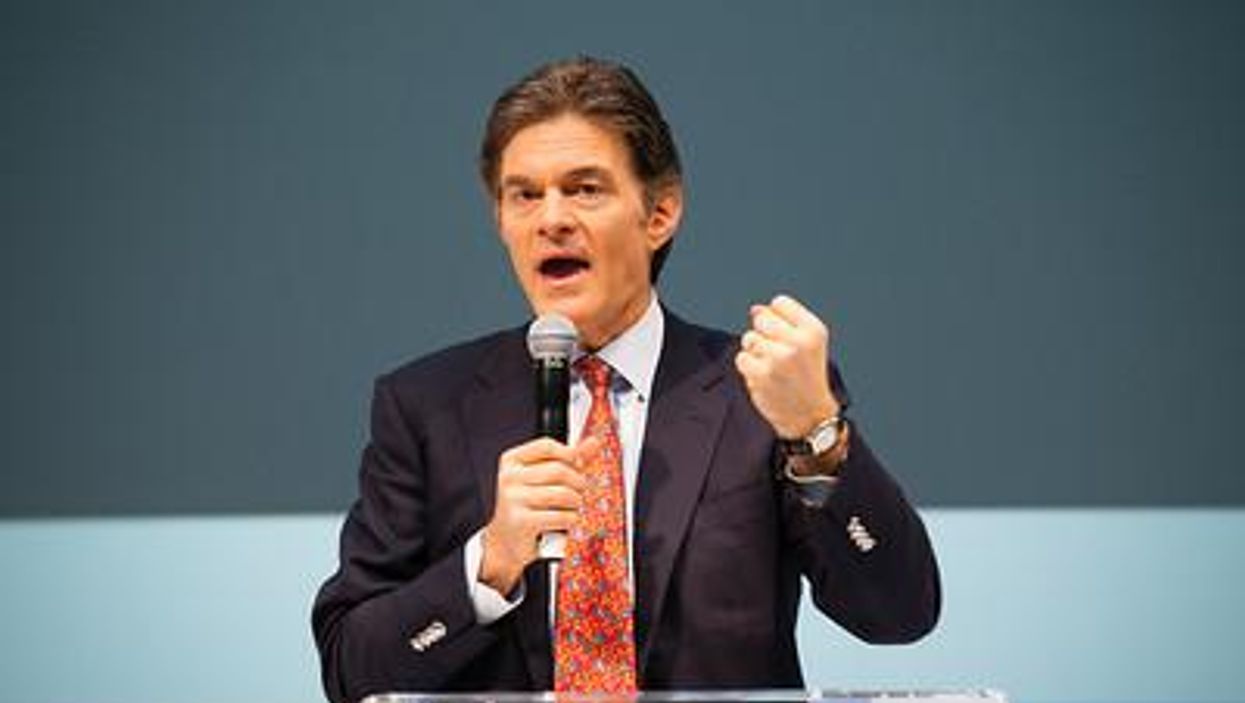Backing Trump, Business Leaders Flirt With A National Catastrophe
In December 2022, Donald Trump said something that, in a healthy political culture, would have spelled his doom. He wrote, "A Massive Fraud of this type and magnitude allows for the termination of all rules, regulations, and articles, even those found in the Constitution. Our great 'Founders' did not want, and would not condone, False & Fraudulent Elections!"
That is not the language of populism; that is aspiring despotism.
And how many Republicans announced after this that they could no longer in good conscience support Trump? I counted one. Trump's former national security adviser John Bolton said the post was "disqualifying" and that all GOP candidates should issue "Shermanesque" statements to that effect.
As with so many landings along the steep staircase of Republican decline, things would have been different if there had been pushback; if leading Republican officeholders and opinion shapers had stood on their hind legs and said, "Hey, I liked Trump fine until now but this is a deal breaker for me." But there was barely a bleat from the party; it was thoroughly demoralized in all senses of the word.
Today, the Constitution terminator leads in most of the polls, and bigwigs from Wall Street to Silicon Valley, are telling themselves and others that a second Trump term might actually be OK.
Jamie Dimon of JPMorgan Chase reassured his audience in Davos (where else?) that Trump did many good things while in office and that whatever the outcome of the November election, "My company will survive and thrive."
Howard Lutnick, CEO of Cantor Fitzgerald, and hedge fund manager John Paulson hosted a fundraiser for Trump, reports Bloomberg News. Billionaire investor Nelson Peltz endorsed Trump, as did Robert Bigelow, a Ron DeSantis backer who has made his peace with the certain GOP nominee.
Lenin is supposed to have said that when it came time to hang them, the "capitalists will sell us the rope." These capitalists are deluding themselves if they imagine that another Trump term in office will be good for them. Yes, Trump is a "businessman," but more in the style of Tony Soprano than Andrew Carnegie.
Trump is promising an all-out trade war — 10% tariffs on all products, a 60% tariff on goods from China, and a 100% duty on imported cars. Think he hasn't the power? In his first term, he cited "national security" to impose tariffs on Canada (Canada!) and got away with it. The inflationary effect of his new, larger tariffs would be off the charts.
Similarly, Trump has issued broad hints that he will tamper with the independence of the Federal Reserve, which could spell much worse inflation than we've yet experienced.
In any case, what these Trump backers seem not to appreciate is that their riches are only possible because the United States is a stable, democratic country. If we cease to be stable — and perceived as such by investors around the world — our national debt would become a crushing burden. If we reelect a lying, despot-loving, quadruple-indicted, ignorant cretin, the United States will be a lot less appealing to overseas investors. And when we cease to be a safe haven for foreigners' nest eggs, we will have to raise interest rates to attract capital, which will increase the burden of our existing debt. How would Wall Street like them apples?
Honestly, these economic arguments ought to be third- and fourth-order considerations for any American — including billionaires. Economic stability is important, but the gravest threat is to our liberty.
We are staring down the possibility of putting someone back in power who has demonstrated that he is willing to use informal violence to achieve his anti-democratic ends. He attempted a coup with a mob of enraged zealots. How tragically foolish must you be to give him the power to wield formal, state-sanctioned violence? Think the president hasn't the power? Read the Insurrection Act.
The reason Trump was unable to order that border crossers be shot in the legs, or that the IRS conduct audits of his foes, or any of the myriad other crimes, outrages or stupidities the former president contemplated was that his own hires talked him out of things or slow-walked them until Trump's goldfish attention turned elsewhere.
In a second term, those officials would be gone. As his former chief of staff John Kelly put it, "The lesson the former president learned from his first term is don't put guys like me ... in those jobs. The lesson he learned was to find sycophants."
The foreign policy implications of electing Trump are just as frightening. He disrupted key American alliances in NATO and East Asia in his first term, but would destroy them in a second term. Without the U.S. security guarantee, nations around the globe would rush to acquire their own nuclear stockpiles. Trump would reward Putin's aggression by abandoning Ukraine, which would whet Putin's appetite for the Baltics, Xi's appetite for Taiwan, and God only knows what other aggressors' plans.
Those are the stakes. It is tragic and shameful that so many fail to see it.
Mona Charen is policy editor of The Bulwark and host of the "Beg to Differ" podcast. Her new book, Hard Right: The GOP's Drift Toward Extremism, is available now.
Reprinted with permission from Creators.












